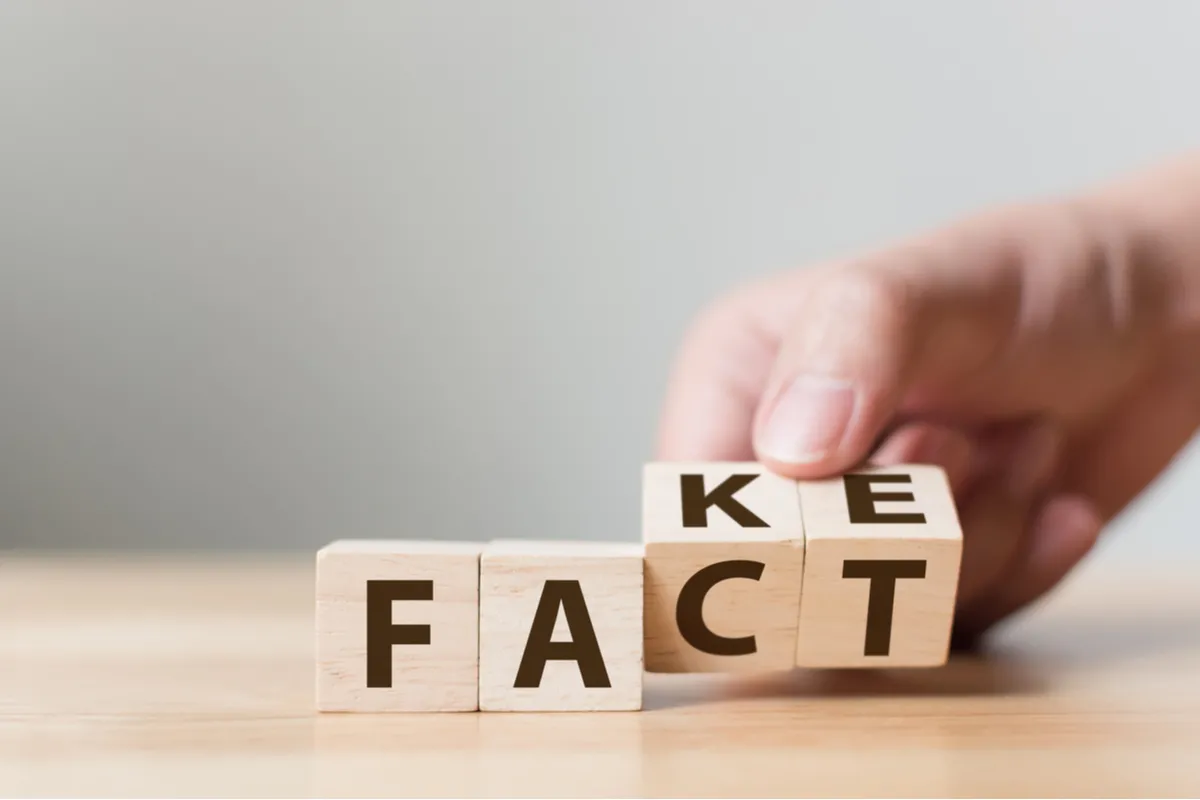In the era of fake news and deep fakes, the ability to understand and evaluate information from rapidly changing forms of digital media is an essential 21st-century skill. A new, interdisciplinary minor in media literacy based in the School of Humanities and Sciences at Ithaca College aims to empower students with that ability.
“Media literacy is just literacy in today’s world. If all you can do is read and write in print form today, then you’re not literate,” says Cyndy Scheibe, a professor in the Department of Psychology and coordinator of the media literacy minor. “You have to be able to understand, evaluate and analyze information coming from digital media — including images and video content — and social media.”
Scheibe is the founding executive director of Project Look Sharp, an outreach program that provides training and materials for educators to integrate media literacy and critical thinking into their existing curricula. She is also a founding board member of the National Association for Media Literacy Education.
The minor is centered around a core course called Media Literacy and the Psychology of Inquiry. Students will learn to get in the habit of asking key questions about authorship, purpose and target audience when consuming or creating media messages. The program’s requirements are designed to be interdisciplinary, allowing students to choose from a wide range of courses across the college. Courses that satisfy requirements of the minor include art classes like Two-Dimensional Design, politics classes like Media and Politics, and music classes like African-American Popular Music: Blues to Hip Hop.
“Part of media literacy is being able to understand how different fields approach the evaluation of information within their field,” says Scheibe. “This is why it’s so relevant as an academic program.”
A key part of the minor is learning how to create different forms of media. Just as traditional literacy means the ability to both read and write, Scheibe says being media literate requires that a person be able to create different forms of media. Media creation helps people better understand how to analyze other media. “If you’re writing a news story, you’re making a lot of choices about how to present information,” Scheibe says. “In doing that, you become better at taking apart other news stories that you see.”
Students pursuing the minor will also complete an internship, independent study or other experiential course that relates to media literacy. Once all course requirements have been fulfilled, students must present a multimedia portfolio reflecting on their coursework and project.
Scheibe thinks the minor will help students be more competitive in today’s job market. “There is a growing interest in media literacy as an indication that you can evaluate media messages, think critically, reflect, and communicate effectively,” she says. “No matter what field you’re going into, that’s likely to look like a strong set of skills.”
